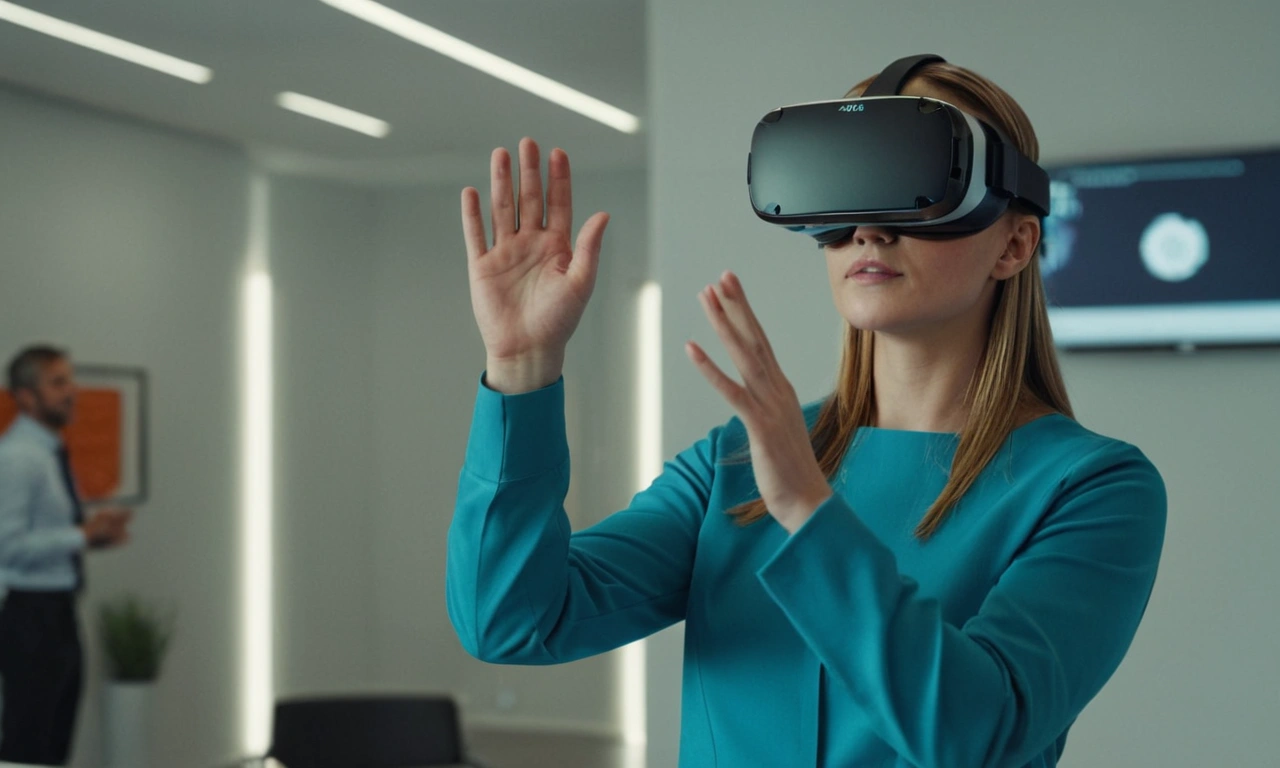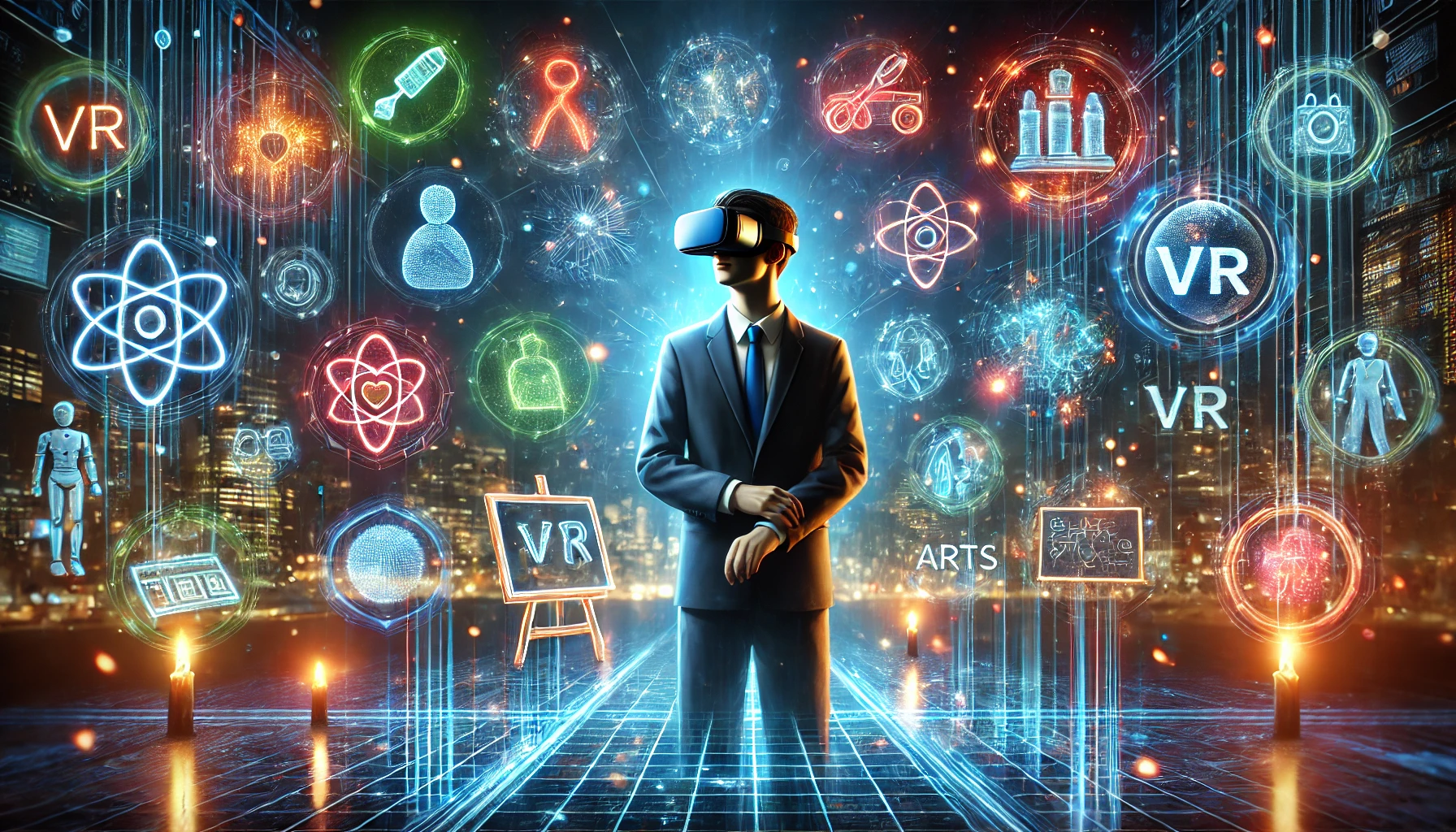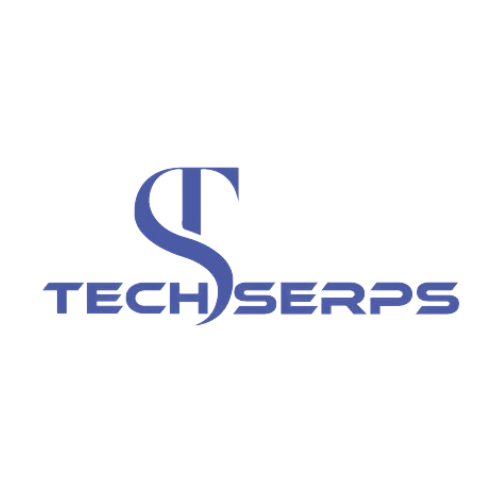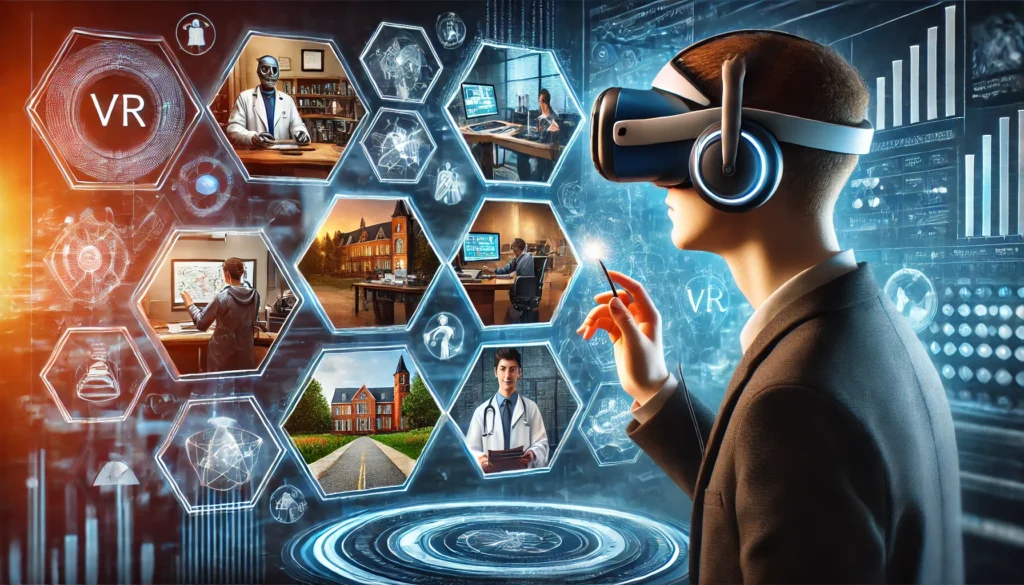Career exploration has always been an essential part of personal and professional growth. Traditional methods such as career fairs, internships, and mentorships have long guided individuals toward their ideal career paths. However, these conventional approaches often come with limitations—geographical constraints, lack of immersive experience, or insufficient real-world insights. This is where virtual reality career exploration comes in, ushering in a new era of career discovery that is more interactive, engaging, and insightful.
In this article, we’ll explore how virtual reality career exploration is changing the way we discover and pursue careers, offering a hands-on experience that’s tailored to each individual’s preferences and aspirations.
What is Virtual Reality Career Exploration?
Understanding Virtual Reality in Career Discovery
Virtual reality career exploration refers to the use of immersive technology to simulate job environments and tasks, allowing users to explore careers in a realistic, interactive way. By wearing a VR headset, users can engage in a 360-degree, lifelike experience that closely mimics real-world job settings. From healthcare and engineering to arts and technology, virtual reality offers a wide range of career exploration opportunities.
Core Features of VR Career Exploration
Virtual reality enhances career discovery through several key features:
- Virtual Job Shadowing and Simulations: Step into the shoes of professionals in various fields and experience their daily responsibilities firsthand.
- Interactive Role-Playing: Engage in simulated tasks and decision-making exercises that help users understand what each career entails.
- 360-Degree Workplace Tours: Virtually explore different work environments—from office spaces to construction sites—providing a broader understanding of various industries.
- Skills Assessment: Take part in interactive VR assessments to test your skills and suitability for specific job roles.
How Virtual Reality Career Exploration Works
Immersive Career Simulations
Using VR headsets and controllers, users can step into fully immersive environments where they simulate real-life work tasks. For example, a medical student could perform surgeries in a virtual operating room, or an aspiring architect could design buildings in a virtual 3D environment. These career simulations allow users to interact with the environment and gain real-world insights, making career exploration feel more tangible and engaging.
Real-Life Career Scenarios in VR
One of the major advantages of VR is the ability to simulate actual job challenges. Whether it’s troubleshooting a computer network in IT or managing an emergency in healthcare, virtual reality career exploration allows individuals to experience key responsibilities without stepping foot in the workplace. This helps them evaluate if a particular career aligns with their interests and skillset before committing to a lengthy education or career path.
Personalized Career Pathways
By integrating artificial intelligence (AI), VR platforms can offer personalized career recommendations based on individual preferences and skill assessments. Users can engage in tailored career experiences, allowing them to make informed decisions about their career future.
The Advantages of Virtual Reality in Career Exploration
Access to Diverse Career Fields
One of the greatest benefits of virtual reality career exploration is the ability to explore diverse career paths without geographical or financial constraints. A person living in a remote location, for instance, can experience career options in major cities or industries without ever leaving their home. Whether it’s a remote job, a high-security career, or a field that requires physical presence, VR enables exploration across various job roles that might be otherwise out of reach.
Enhanced Engagement and Understanding
Immersive learning experiences have been shown to improve retention and engagement. Virtual reality career exploration allows users to understand job responsibilities more deeply, making the process more engaging than traditional methods like reading job descriptions or watching videos. The more immersive and hands-on the experience, the more likely an individual will connect with the role they are exploring.
Real-World Skills Practice
For many professions, hands-on experience is crucial. With VR, individuals can practice real-world tasks that are difficult to simulate in a classroom or online setting. This includes high-risk activities like surgery or engineering projects, offering users a safe and controlled environment to build skills and confidence before entering the workforce.

How VR Career Exploration Impacts Career Decision-Making
Informed Decision-Making
When it comes to career choices, making informed decisions is vital. Virtual reality career exploration provides individuals with realistic job previews, helping them understand exactly what each career entails. This allows them to make more informed choices based on their interests and abilities, ultimately leading to greater job satisfaction.
Reducing Career Uncertainty
VR eliminates much of the uncertainty in career exploration. It provides a firsthand look into different job roles, giving individuals a clear idea of what to expect before committing to a career path. This can reduce job dissatisfaction, turnover rates, and the stress associated with choosing a career.
Supporting Career Changers and Lifelong Learning
For those looking to change careers or expand their skillset, virtual reality career exploration offers a unique opportunity to try out new fields. Lifelong learning becomes much easier when individuals can virtually explore and practice roles in different sectors without significant time and financial investment.
Benefits for Employers and Educational Institutions
Employers’ Perspective
From an employer’s standpoint, VR can be a valuable tool for recruitment. By offering candidates a virtual tour of the job role and responsibilities, employers can attract individuals who are genuinely interested in their open positions. Additionally, virtual reality career exploration allows companies to showcase their work environment in a more immersive way, giving prospective employees a true understanding of what it’s like to work there.
Educational Institutions’ Perspective
Schools and universities can integrate VR into their career counseling services, offering students a chance to explore various career options in-depth. This hands-on exploration complements traditional career guidance and provides a more comprehensive view of potential career paths.
Challenges and Considerations
Technology Accessibility and Affordability
While the potential of VR is vast, challenges remain in making the technology affordable and accessible to all. The cost of VR headsets, software, and the digital infrastructure required for seamless experiences can be a barrier to widespread adoption, particularly for underserved communities.
Realism and User Experience
For virtual reality career exploration to be truly effective, the simulations must be realistic. Improving the lifelike quality of VR scenarios, especially in complex or nuanced job environments, is essential to providing users with an accurate understanding of each career.
Privacy and Ethical Concerns
As with any technology that collects data, there are concerns about privacy. VR platforms must ensure that user data is protected, especially when offering personalized career recommendations or tracking progress through simulations.

The Future of Virtual Reality Career Exploration
Innovations on the Horizon
The future of virtual reality career exploration is exciting. With advancements in AI, VR is set to become even more personalized, offering tailored career pathways and deeper immersive experiences. Additionally, the integration of augmented reality (AR) could further enhance career exploration by blending virtual simulations with real-world environments.
Expanding Global Reach
As VR becomes more affordable and accessible, its reach will expand globally. Remote or underserved areas, where career exploration opportunities are limited, will benefit greatly from these technologies, democratizing access to career discovery.
FAQs About Virtual Reality Career Exploration
What is virtual reality career exploration?
Virtual reality career exploration allows users to experience various career paths through immersive simulations, helping them make informed decisions about their future careers.
How can virtual reality help with career decision-making?
VR provides real-life job simulations, offering a hands-on way to explore different careers, which can lead to more confident and informed career decisions.
Can VR career exploration help with changing careers?
Yes! VR allows individuals to explore new fields and practice new skills, making it easier to transition to a different career path without significant risk or investment.
What industries can benefit from VR career exploration?
VR career exploration is beneficial for nearly every industry, including healthcare, technology, engineering, finance, and creative fields like design and media.
Are there any challenges to using VR for career exploration?
Challenges include the cost of VR technology, accessibility for underserved communities, and ensuring that VR simulations are realistic and truly representative of job roles.
Conclusion
Virtual reality career exploration is truly ushering in a new era of career discovery. It’s providing individuals with unique, immersive opportunities to explore and evaluate careers like never before. By making career exploration more engaging, personalized, and accessible, VR is changing the way we think about our professional futures. So why wait? Explore the future of career discovery today through the power of VR.



